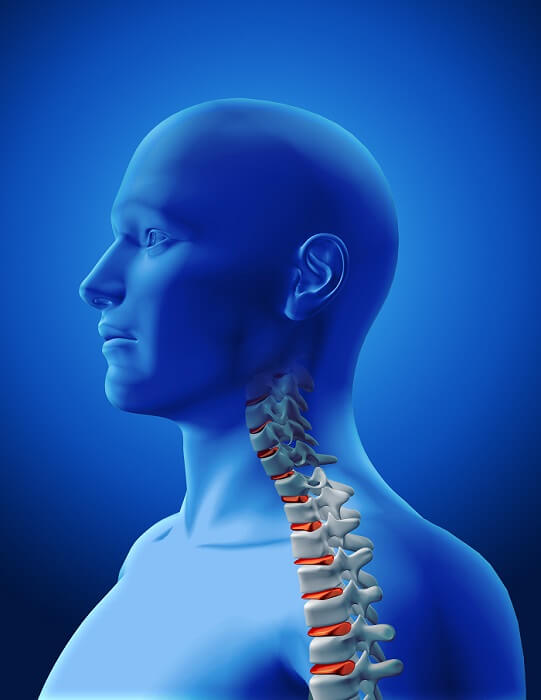NeuroOne Medical Technologies Corporation (Nasdaq: NMTC) (“NeuroOne” or the “Company”), a medical technology company focused on enhancing surgical care and patient outcomes for those with neurological disorders, announced that its percutaneous paddle technology will be showcased at The Business of Pain Meeting, taking place from September 26th to 29th at the Loew’s Vanderbilt Hotel in Nashville, TN.
Dr. Sean Li, a renowned pain management expert and course director, will be presenting at the event. Dr. Li has made significant contributions to the field of interventional pain management through his research, clinical practice, and leadership roles. He currently serves as President of the New Jersey Society of Interventional Pain Physicians and Treasurer of the American Society of Pain and Neuroscience.
Commenting on the technology, Dr. Li stated, “I believe this thin film electrode technology combines the full advantages of surgically placed paddle electrodes with the convenience of percutaneous placement. It is the most advanced percutaneous spinal cord stimulation electrode I’ve worked with and offers the best of both worlds. Based on my experience, I see great potential for it to improve treatment for chronic lower back pain patients.”
As reported by globenewswire.com, NeuroOne estimates that the global spinal cord stimulation market is valued at approximately $3 billion, driven by a large population with unmet clinical needs.
NeuroOne Medical Technologies Corporation is a developmental-stage company dedicated to providing minimally invasive, high-definition solutions for EEG recording, brain stimulation, and ablation for patients with conditions such as epilepsy, Parkinson’s disease, dystonia, essential tremors, chronic pain from failed back surgeries, and other neurological disorders. These innovations aim to enhance patient outcomes and lower procedural costs. The company is also exploring applications for conditions like depression, mood disorders, pain, incontinence, high blood pressure, and artificial intelligence.
























